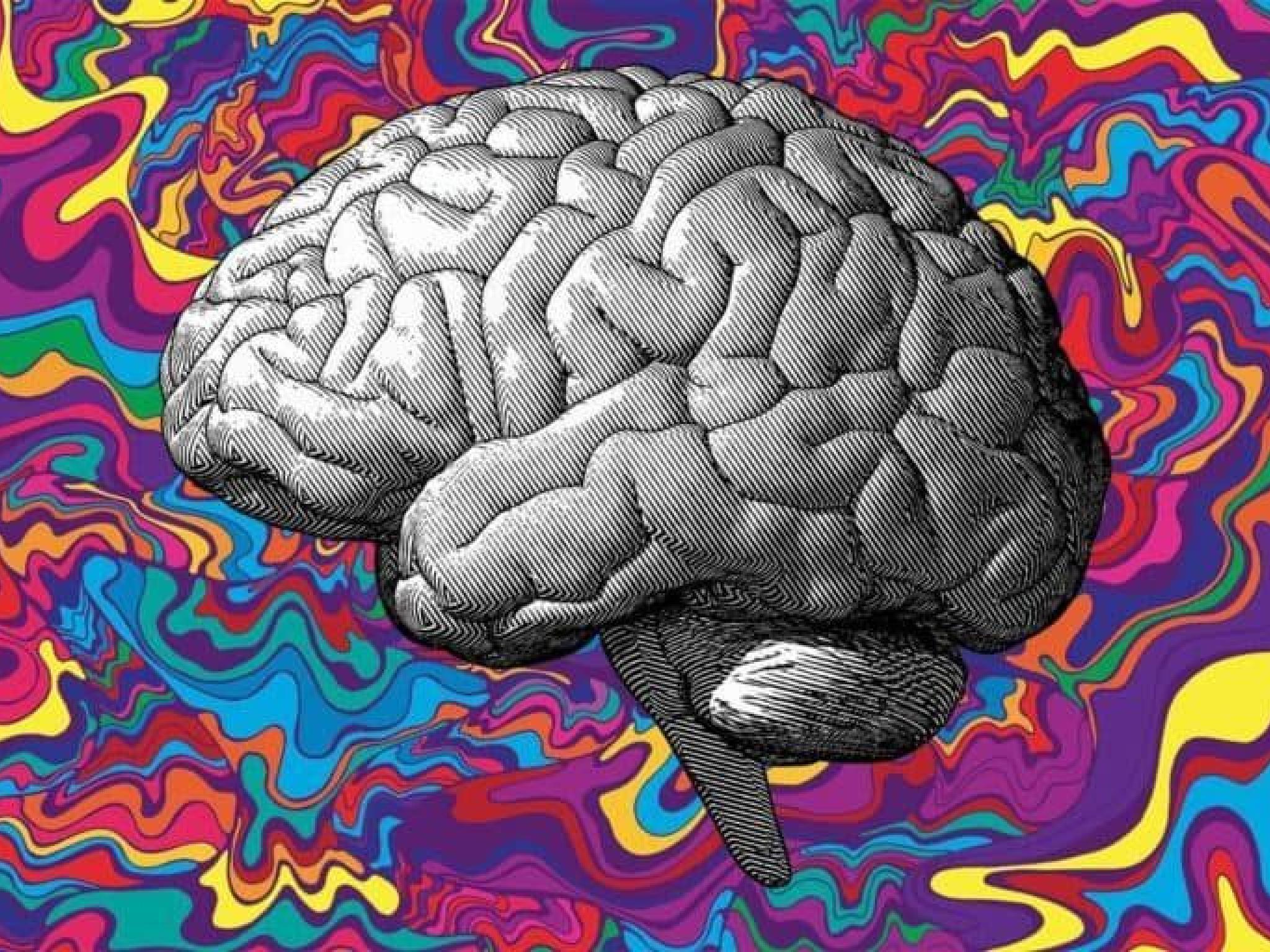
This article by Emma Stone was originally published on Microdose and appears here with permission.
Humans are always on the hunt for life hacks, whether it’s getting fitter, slimmer, or more beautiful. The actual effects of varied elixirs, potions and pills in fast-tracking such states remains, however, negligible. But what about the quest for increased intelligence? Can psychedelics like LSD make you smarter?
As the psychedelic renaissance picks up momentum, evidence is emerging that these potent mind-altering compounds may in fact stimulate the brain in diverse ways.
“Psychedelics have a profound and global impact on human cognition and neurochemistry,” said Derek Chase, founder of Psilouette.
“The most often cited and exciting paradigm shifts psychedelics hold for brain function are their impact on neurogenesis, or the creation of new neurons. Psychedelics show efficacy in promoting new neuron growth as well as neuroplasticity, which combine to provide a major upleveling in learning and memory while staving off the cognitive decline caused by biological aging.”
While most psychedelic substances have been linked to brain-boosting properties, emerging evidence suggests that LSD may be a particularly potent nootropic or cognitive enhancer. A October 2022 study found that a single dose of LSD could boost neural plasticity and enhance cognition in humans several days after administration.
New study looks at LSD’s effect on the brain
To investigate how LSD affected the brain, the researchers’ approach was threefold and mapped the effects of the psychedelic at molecular, behavioral, and computational levels.
On the molecular front, brain organoids grown from human stem cell tissue showed that LSD influenced neural plasticity.
“Notably, we found significant LSD-induced changes in the mTOR pathway, a protein kinase involved in multiple neural plasticity events, acting as a hub between plasticity, learning, and memory,” said the researchers. LSD was also found to enhance synaptogenesis, or the formation of synapses that create brain networks and enhance brain connectivity.
The researchers also explored the behavioral effects of LSD on 76 rats. After administering a dose of LSD or placebo, the rats were then exposed to a novel object preference task several days later. The animals that had received LSD were substantially more likely to seek out and engage with novel objects. A motivation to engage with novel objects means that the memory of the familiar object remains, so the animal is more compelled to explore the novel object as they are curious about the unknown.
“Psychedelics show efficacy in promoting new neuron growth as well as neuroplasticity, which combine to provide a major upleveling in learning and memory while staving off the cognitive decline caused by biological aging.”
The human participant-focused component of the research investigated the effects of a 50 μg of LSD and 50 μg of an inactive placebo on 25 volunteers. The volunteers completed several tests the day after dosing to explore how the psychedelic impacted memory consolidation, encoding (the process by which new information is converted and stored in the brain) and recall. The researchers found that LSD, compared to placebo, improved memory performance on all three fronts.
“In the morning after LSD dosing, the percentage of recalled card locations was increased, indicating overnight memory consolidation,” they commented in the article. LSD appeared to enhance photographic memory and support spontaneous recall, but not enduring recall (remembering something 20-30 minutes after being exposed to it).
Nuance in the research findings also suggested that the effects of the psychedelic were influenced by the dose, age, and cognitive domain of the participant. The results indicated that LSD affected memory consolidating, encoding, and recall differently, depending on age.
“Future studies should carefully disentangle dose-dependent effects in different subacute stages and age groups concerning the effects across different age groups,” the researchers recommended.
Finally, the researchers created a computational neural network model to gain deeper insights into how LSD induced increased interest in novel objects in rats and enhanced memory in humans. The computational model suggested that the beneficial effects of LSD peak at a certain dose, and that performance and plasticity could start tapering off at higher doses.
LSD may increase brain functions, but dose and intention matters
Overall, the researchers emphasized that LSD may enhance cognitive function and neuroplasticity via its effects on the mTOR pathway, one of the most critical pathways that regulate aging in the brain. A disturbance in mTOR levels has been associated with Alzheimer’s disease, indicating a close relationship between the pathway and neurodegenerative disorders.
“The mTOR pathway is a master metabolic regulator that specifically deals with energy production,” says Chase.
“This study shows that LSD stimulates the mTOR pathway, and infers that it is responsible for its cognitive performance gains. This makes a ton of sense, since mTOR is responsible for energy production within our cells, and enhanced energy would equate to faster processing time and a host of other neurological benefits.”
However, other biochemical mechanisms may be at work too, particularly when it comes to the age-dependent effects of LSD.
“Another potential mechanism underlying the age-dependence of the nootropic effect of LSD is the progressive reduction in the expression of serotonin receptors as people age,” said the researchers.
Chase believes the nootropic capacity of LSD can best be harnessed by working with the compound in a mindful, intentional way.
“LSD, only when combined with a strong intention, will enhance one’s innate capacity for learning and memory by altering both neurochemistry and neuro-anatomy, resulting in a smarter and more creative individual.”
“The most important principles we communicate to our clients about psychedelic-assisted therapies is that a strong intention creates the foundation for the therapeutic benefit, and that immediate and long-term integrative work allows the lessons learned during the psychedelic experience to stick.”








